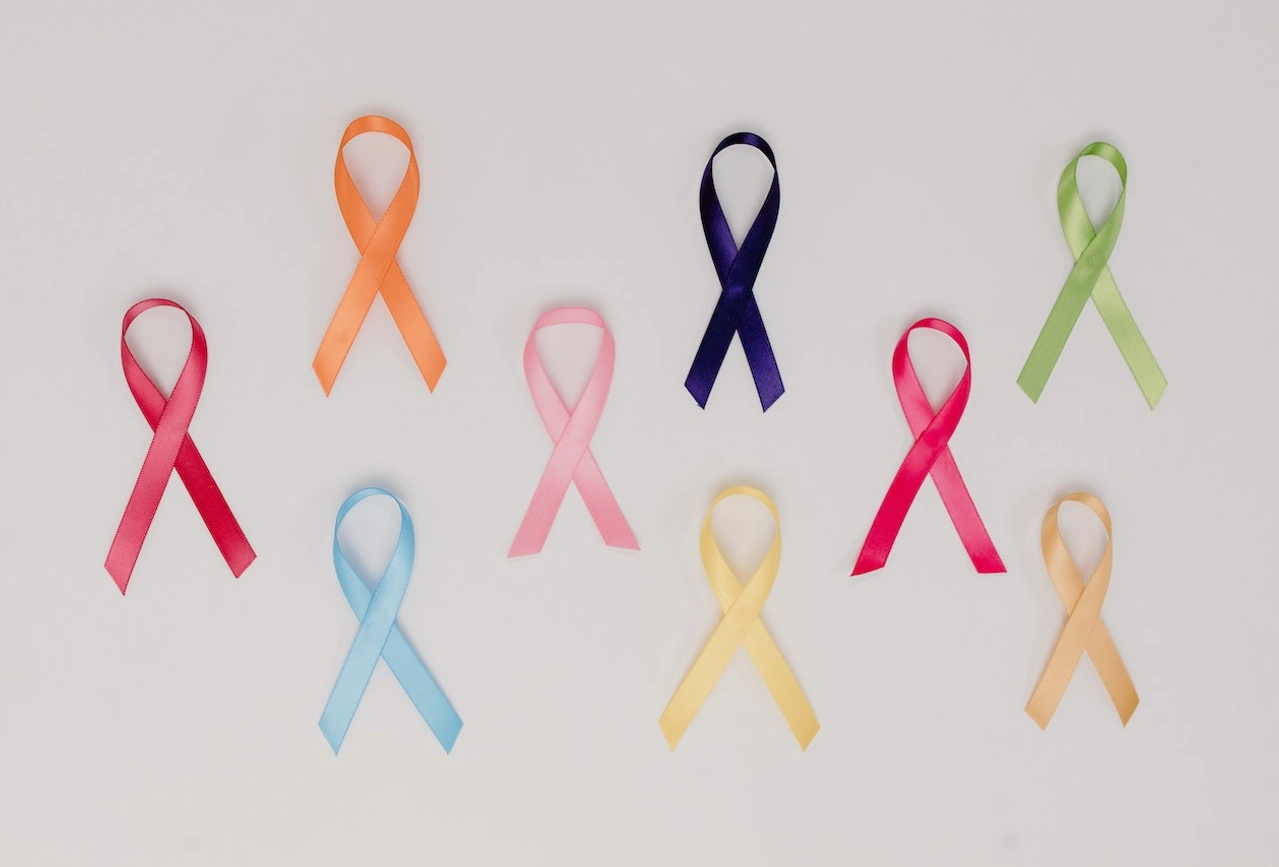
Combating Cancer
Representational Photo
By Ayaan Saroori
Cancer is a major health concern and has been increasing in recent years. It has claimed countless lives, as it is a deadly disease, depending on the stage at which it is diagnosed. According to a report published in the National Library of Medicine, the estimated number of incident cases of cancer in India for the year 2022 was 1,461,427. Lung and breast cancers were the most affected areas in males and females, respectively. The report also highlights that“one in nine people” are likely to develop cancer in their lifetime. Lungs and breasts, being primary organs, are the most commonly affected. While every disease has its treatment, cancer requires proper medication and significant expenditure. However, prevention is better than cure, and raising awareness is crucial for early detection, but it requires the follow-up of an algorithmic awareness approach. Cancer, being a highly distressing disease, has various causes and precautionary measures that need to be acknowledged.
ADVERTISEMENT How 'Prevention is Better Than Cure' Helps in Combating the Cancer EpidemicCancer occurs when the growth of cells in the body becomes uncontrolled. In simple terms, when a cell shows abnormality in its division, it marks the beginning of cancer in the body. Various factors, such as genetics, infections, viruses that weaken the immune system, and an unhealthy lifestyle, contribute to the development of cancer cells in the body. Therefore, we must educate ourselves to prevent cancer's development.
ADVERTISEMENT Genetic Mutation:Our body is made up of cells, and these cells perform cellular metabolism to regulate and control various activities of our body. Similarly, the Deoxyribonucleic Acid (DNA) regulates the growth and division of cells. When DNA changes during cell copying, it leads to uncontrollable cell growth, and some cells do not die when they should. This mutation is often caused by factors such as infections, smoking, pollution, and toxic gases. Therefore, it can be prevented by avoiding unhealthy fatty food, alcohol, and smoking. Additionally, using sunscreen during the daytime helps prevent ultraviolet (UV) radiation damage, and vaccinating against viruses that affect cellular activities and the immune system is crucial.
Carcinogens:Substances or gases that cause cancer in the body are called carcinogens. Various habits such as smoking, alcoholism, and exposure to harmful radiation lead to cancer in different parts of the body. Smoking affects the lungs by emitting carbon monoxide (CO) and other harmful substances. Alcohol consumption leads to cancer in the liver, kidneys, and mouth by damaging the hormonal balance and weakening the immune system. Moreover, harmful radiation emitted by X-ray machines and sunlight can cause skin cancer. The effect of carcinogens on our bodies is extremely harmful, so we should avoid contact with smokers and radiative machines, as they emit harmful radiation that contributes significantly to cancer development.
Read Also World Cancer Day: 'Shifting Lifestyles Linked To Rising Cancer Cases' Cervical Cancer Cases In J&K Spike By 11.5% Over 5 Years: Govt Environmental Exposure:In the era of automobiles, the air quality has significantly degraded due to the emission of gases such as carbon monoxide, carbon dioxide, sulfur dioxide, etc., which pollute the air and contribute to the greenhouse effect. The outcomes can be carcinogenic, as these pollutants can cause skin cancer as well as lung cancer. Therefore, the emission of harmful gases should be reduced, and masks should be worn when necessary, depending on the Air Quality Index (AQI).
Hormonal Imbalance:When glands secrete hormones such as estrogen, testosterone, thyroid, and insulin in excess, it can lead to the development of cancer cells in hormone-sensitive tissues. In women, excessive levels of estrogen (female sex hormone) for a prolonged period increase the risk of developing breast cancer. Similarly, in men, excessive testosterone (male sex hormone) and imbalances in other metabolic hormones can increase the risk of cancer.
Breaking the Stigma: The Importance of AwarenessAwareness plays an important role in preventing the formation of unnecessary taboos and stigmas. The stigma has reached a point where women feel socially inferior to talk openly about ovarian and breast cancer due to concerns over body image. Many people do not speak to cancer patients out of fear of the disease's spread. Unfortunately, this shows a lack of general knowledge and signifies the need for education with authentic information.
Early detection through screening tests such as mammography and colonoscopies should be done based on a doctor's prescription, as early detection of cancer increases the chances of successful treatment. Additionally, maintaining a healthy lifestyle by reducing alcohol and smoking should be emphasized. Quitting these harmful habits plays a vital role in cancer prevention. Along with a healthy lifestyle, authentic knowledge should be promoted to dispel myths and stigmas surrounding cancer and other deadly diseases. In my opinion, many patients have been cured, but many others have lost their lives. However, we still lack proper knowledge about cancer, which highlights the need for generous contributions to support both cancer patients and doctors. Until when will we continue living in a world of ignorance?
-
Ayaan Saroori is a freelance writer and columnist

Legal Disclaimer:
MENAFN provides the information “as is” without warranty of any kind. We do not accept any responsibility or liability for the accuracy, content, images, videos, licenses, completeness, legality, or reliability of the information contained in this article. If you have any complaints or copyright issues related to this article, kindly contact the provider above.
Most popular stories
Market Research

- Manuka Honey Market Report 2024, Industry Growth, Size, Share, Top Compan...
- Modular Kitchen Market 2024, Industry Growth, Share, Size, Key Players An...
- Acrylamide Production Cost Analysis Report: A Comprehensive Assessment Of...
- Fish Sauce Market 2024, Industry Trends, Growth, Demand And Analysis Repo...
- Australia Foreign Exchange Market Size, Growth, Industry Demand And Forec...
- Cold Pressed Oil Market Trends 2024, Leading Companies Share, Size And Fo...
- Pasta Sauce Market 2024, Industry Growth, Share, Size, Key Players Analys...





















Comments
No comment